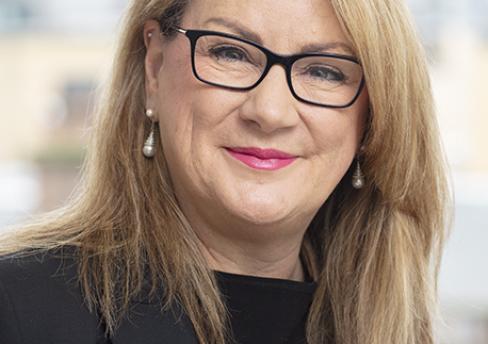There have been a number of reported cases in Scotland in the field of international child abduction in the last year. They are a mixed bag of success and failures for parties seeking return orders for their children under the 1980 Hague Convention.
A frequently used defence, depending on the age and maturity of the child(ren) involved, is that the child objects to the return. In the petition of S v MG 2017 CSOH 26, the father of a 10 year old boy was seeking his return to Poland. Ultimately, the father's petition failed on the basis of an earlier Polish court Judgment which the Scottish court ruled had allowed the child to reside in Scotland with his mother. The court also commented on the mother's second defence, that the child did not wish to return to Poland. Lord Pentland took the view that he would have refused the return order even in the absence of the Polish court order due to the child's views and surrounding circumstances of this case.
In contrast, in the petition of YG v EEP 2017 CSOH 75, an 8-year-old girl was returned to Sweden, despite the respondent's defence that the child did not wish to return to Sweden and that the return could result in the child suffering from a grave risk of psychological harm. In slightly unusual circumstances, the child had refused to speak to a Child Welfare Reporter and, therefore, her views could not be provided via this method. The respondent lodged a child psychologist report which narrated that the child did not wish to return to Sweden. Lord Mulholland took the view that although there may be difficulties and challenges for the child in returning to Sweden, he did not consider "this risk to have reached such a level of seriousness as to be categorised as grave". He was also satisfied that the Swedish courts were the best place to determine what is best for the child.
In CM v ER (AP) 2017 CSIH 18 an appeal was lodged against the grant of a return Order. The respondent and reclaimer asserted that the Lord Ordinary had erred in relation to his assessment of the date of habitual residence. The Inner House ruled that there was no such error. They held the Lord Ordinary's Note was "properly construed when read as a whole" and that his assessment of the date of habitual residence, whether he had decided with the petitioner or against him, would still have allowed him to come to the view that a return order should be made.
The notoriously difficult to prove defence of consent was run in the petition of ES 2017 CSOH 79. The respondent mother claimed that she had the father's consent to remove the child from Spain to Scotland. Lady Wise was of the view that the respondent had failed to establish "that the petitioner gave real, positive and unequivocable consent" and the return order was granted. Slightly unusually the mother was unwilling to return with the child so the child's father travelled to Scotland and returned with the child to Spain.
Finally, in the petition of GCMR 2017 CSOH 66, the petitioner father sought the return of his daughter to Portugal. This case illustrates the considerable difficulty a petitioner can face when a settlement defence is able to be deployed by the respondent. The child had been in Scotland since around December 2011 and the petitioner father contended that he had only been able to locate her in 2016. Lady Wise came to the view that the respondent's mother's settlement defence and the defence that the child did not wish to return had merit. She then required to exercise her discretion whether a return Order should, nevertheless, be made. She came to the view that the child's strongly held views together with the length of time that she had been settled in Scotland overcame the importance of the objectives of the Convention in this case. The return order was refused.
In 2017 the UK also ratified new signatories to the convention. From 1st April 2017, the UK can now use the convention to seek return orders between itself and the Republic of Korea and Kazakhstan. With the increase in countries signing up the convention, 2018 holds out promise for further reported international child abduction cases.
The content of this webpage is for information only and is not intended to be construed as legal advice and should not be treated as a substitute for specific advice. Morton Fraser LLP accepts no responsibility for the content of any third party website to which this webpage refers. Morton Fraser LLP is authorised and regulated by the Financial Conduct Authority.










